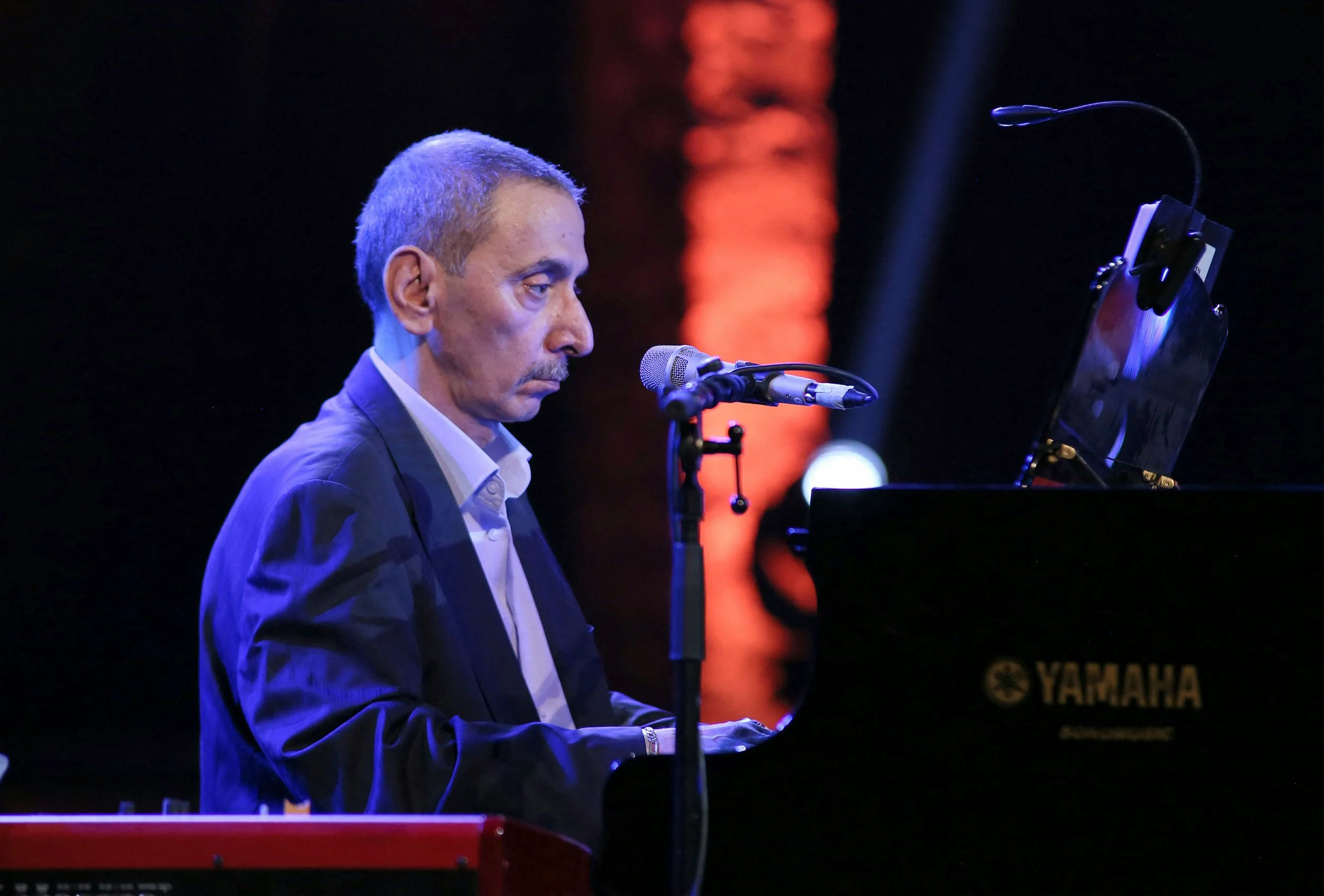Lebanese composer Ziad Rahbani dies at 69
Ziad Rahbani, the legendary Lebanese composer known for fusing Arab music with jazz, funk and bossa nova, passed away on Saturday after a long illness. He was 69.
Born in 1956 into one of Lebanon’s most iconic musical families, Ziad was surrounded by music from the start. His father, Assi Rahbani, helped shape modern Arab music, and his mother, Fayrouz, is widely seen as one of Lebanon’s greatest singers. Together with his uncle Mansour, the Rahbani Brothers created much of Fayrouz’s most beloved work—and Ziad eventually joined that creative fold, bringing his own twist to the family legacy.
Ziad’s sound stood out. He started composing when he was just seven and, as he grew up during the Lebanese Civil War, he began blending the improvisational feel of Arab music with Western genres like jazz and blues. He saw similarities between Arab traditions like tafrid and taqssim and the open, expressive nature of jazz—and he leaned into that. “Just as automobiles replaced donkeys, traditional music must develop to reflect the times,” he told the Los Angeles Times in 1988. “Everything has to evolve.”
Throughout his career, Ziad released nearly 100 albums. Some of the standouts include Bil Afrah (1972), Abou Ali (1978), Houdou' Nisbi (1985), and Monodose (2001), which had a bossa nova feel. His final studio album, Eh Fi Amal (“Yes, There’s Hope”), came out in 2010.
But Ziad wasn’t just a musician. He also wrote plays that took sharp aim at Lebanese politics and society—biting, satirical works like A Long American Film and What About Tomorrow?. He didn’t shy away from controversy either. Though he was raised in a Greek Orthodox Christian household, Ziad was deeply political and outspoken, especially in his support for Palestinian rights. That commitment took root after he witnessed the 1976 massacre at the Tal el-Zaatar refugee camp.
News of his death has sparked an outpouring of tributes from artists, musicians, and political figures across Lebanon. “[Ziad] left the so-called image of a unified Lebanon or the state of an ideal homeland for the state of a real, divided and fragmented Lebanon,” said journalist and filmmaker Jad Ghosn, who made a 2019 documentary about Ziad. “He came after Fayrouz to say, ‘Enough with the romantic art—let’s talk about reality, with jazz, contemporary music and realistic poetry.’”
His funeral was held yesterday, July 28, in Beirut’s Hamra district. Hundreds gathered to pay their respects, including Fayrouz, who made her first public appearance since 2020. Ziad is survived by his mother, Fayrouz, his sister Reema, and his brother Hali.

